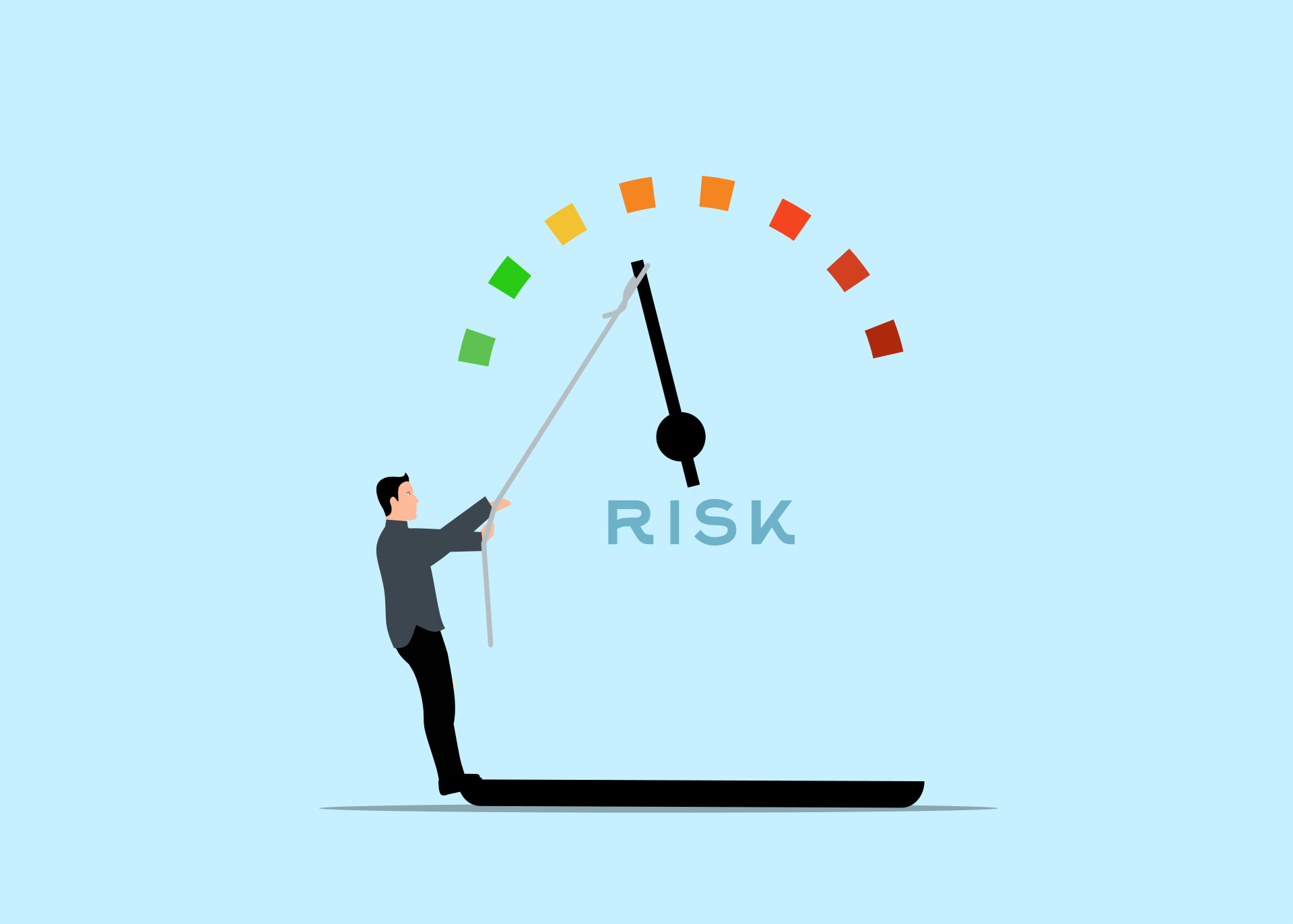One of the fundamental principles of risk management is the identification of potential risks. This involves identifying all the possible risks that could impact a business's operations, financial performance, and reputation. Once identified, the next step is to evaluate the risks and determine their potential impact. This will allow businesses to prioritize risks and develop an appropriate risk management plan to mitigate the impact of these risks.
Another key aspect of risk management is risk assessment. This involves analyzing the likelihood and potential impact of each identified risk. Businesses need to assess the probability of the risks occurring and the potential impact they could have on the organization. This information is then used to determine which risks should be addressed first and how to allocate resources to manage them.
Risk management also involves the development and implementation of a risk management plan. This plan outlines the strategies and processes that will be used to mitigate the impact of potential risks. The plan should include details on how to prevent risks from occurring, how to detect them early, and how to respond to them effectively.
Effective risk management can offer several benefits to organizations. Firstly, it can help businesses to avoid financial losses, reputational damage, and regulatory fines. It can also enhance a company's ability to manage risks and capitalize on opportunities. By taking a proactive approach to risk management, businesses can improve their decision-making processes, increase their efficiency, and reduce their exposure to risk.
To implement effective risk management practices, businesses need to adopt a risk-aware culture. This involves creating a culture of risk management throughout the organization, where everyone is aware of the potential risks and how to manage them. This can be achieved by providing training and resources to employees, incorporating risk management into performance metrics, and involving staff in the risk management process.
In conclusion, risk management is a critical function that must be incorporated into every organization's decision-making process. By identifying, evaluating, and mitigating potential risks, businesses can reduce their exposure to risk and enhance their ability to capitalize on opportunities. Effective risk management requires a proactive approach, a risk-aware culture, and a commitment to continuous improvement. By implementing these practices, businesses can improve their decision-making processes, reduce financial losses, and protect their reputation.







0 Comments